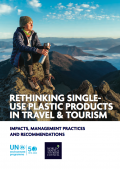
This report presents research to better understand the travel and tourism’s specific contribution to single-use plastic products and how the sector can address this.
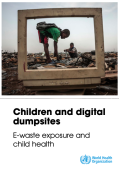
This is the first comprehensive World Health Organization (WHO) report on the dimensions of the e-waste problem, including the pathways through which children are exposed, the health effects associated with the different pathways of exposure, and actions that the health sector can take alongside other sectors to confront this new and insidious health risk globally, nationally and locally.
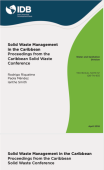
This publication looks into the Solid Waste Sector situation in nine Caribbean countries that are facing similar challenges with increasing solid waste generation, changes in waste characterization, lack of adequate disposal sites, and low collection rates. The countries include the Bahamas, Barbados, Belize, Jamaica, Guyana, Haiti, Suriname, Saint Lucia, and Trinidad and Tobago.
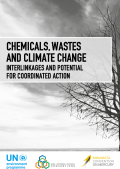
This report presents a comprehensive technical review of the literature on climate change and hazardous chemicals management, towards identifying a set of opportunities for simultaneously addressing these two critical elements of the broader sustainability challenge, and maps the interlinkages between hazardous chemicals, wastes and climate change, which combine to impact on efforts to conserve and restore nature.
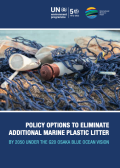
This think piece shows the marine plastic litter trends relevant to 2050, summarizes the current plastic policy landscape, and explores policy upstream and downstream interventions to achieve the Osaka Blue Ocean Vision, and provides concrete actions to ensure that projected plastic leakage can be reduced by 80 percent with existing solutions.
